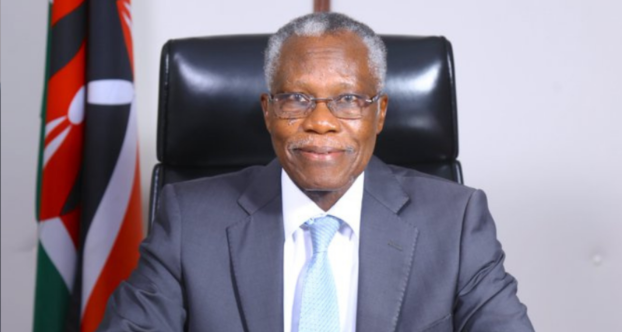The National Cohesion and Integration Commission (NCIC) has announced plans to petition Parliament for the renaming of counties currently identified by specific ethnic groups.
During a press briefing on Monday, May 27, 2024, NCIC chairperson Samuel Kobia outlined the initiative aimed at promoting national cohesion and reducing potential ethnic discrimination.
The targeted counties include Meru, Tharaka Nithi, Nandi, Kisii, Turkana, Embu, Samburu, Taita Taveta, West Pokot, and Elgeyo Marakwet. Kobia emphasized that this move is part of broader efforts to foster a more inclusive and united Kenya.
“NCIC shall advocate for the tabling of a motion in parliament for renaming counties that are identified by specific ethnic groups to eliminate potential discrimination along ethnic lines,” Kobia said.
The NCIC chairperson also revealed that the commission estimates 33 out of the 47 counties have boundary-related conflicts, and that these conflicts easily translate into ethnic conflicts due to the counties being created along ethnic lines.
“We estimate that 33 out of the 47 counties have boundary-related conflicts. Given that most of the counties have been created along ethnic lines boundary conflict easily translates into ethnic conflict,” Kobia stated.
The National Cohesion and Integration Commission (NCIC) has identified land and boundary disputes as persistent sources of conflict in Kenya. The commission believes that renaming counties currently associated with specific ethnic groups is one of the measures that could help address these disputes.
During a press briefing on May 27, 2024, NCIC chairperson Samuel Kobia stressed the commission’s dedication to maintaining peace and consolidating the progress made in national cohesion over the years.
Kobia highlighted the commission’s ongoing commitment to ensuring Kenya remains a peaceful society. “We are committed to ensuring Kenya remains a peaceful society and that the gains made over the last many years are solidified,” he stated.
The NCIC also plans to facilitate continuous dialogue among various stakeholders in the regions to ensure that communities along the boundaries coexist peacefully. This initiative is part of broader efforts to address the underlying causes of conflict and promote harmony across the country.
“We continue to ensure that communities along the boundaries coexist peacefully through continuous dialogue among the various stakeholders in the regions,” Kobia added.



